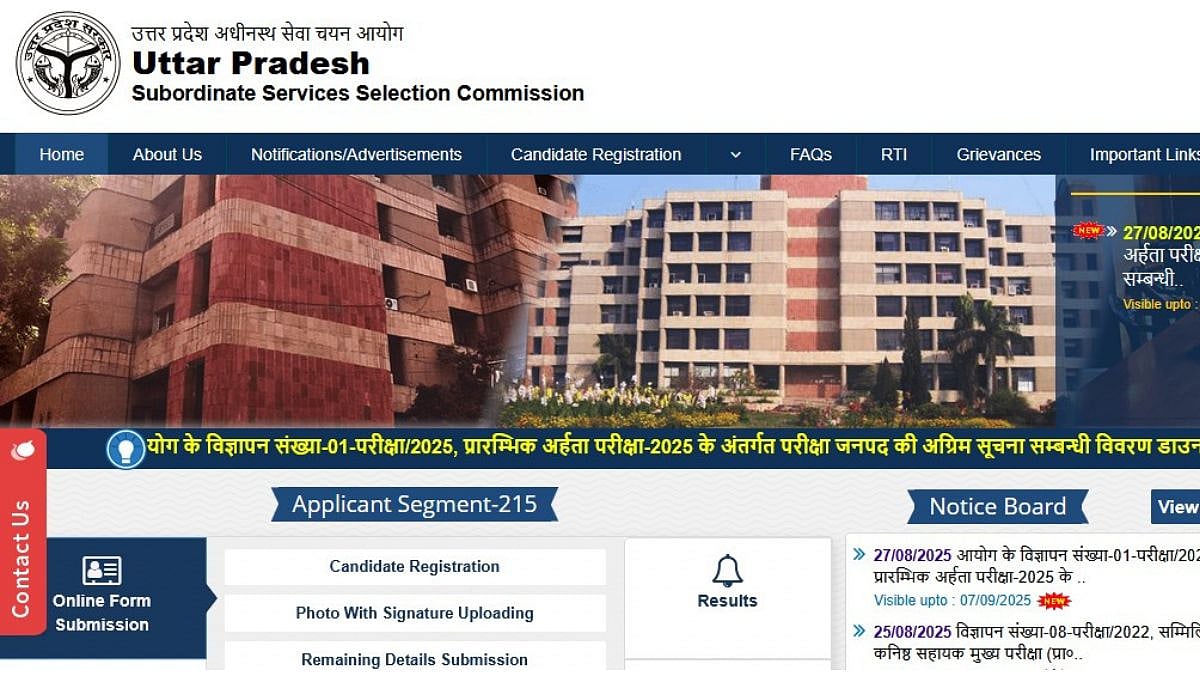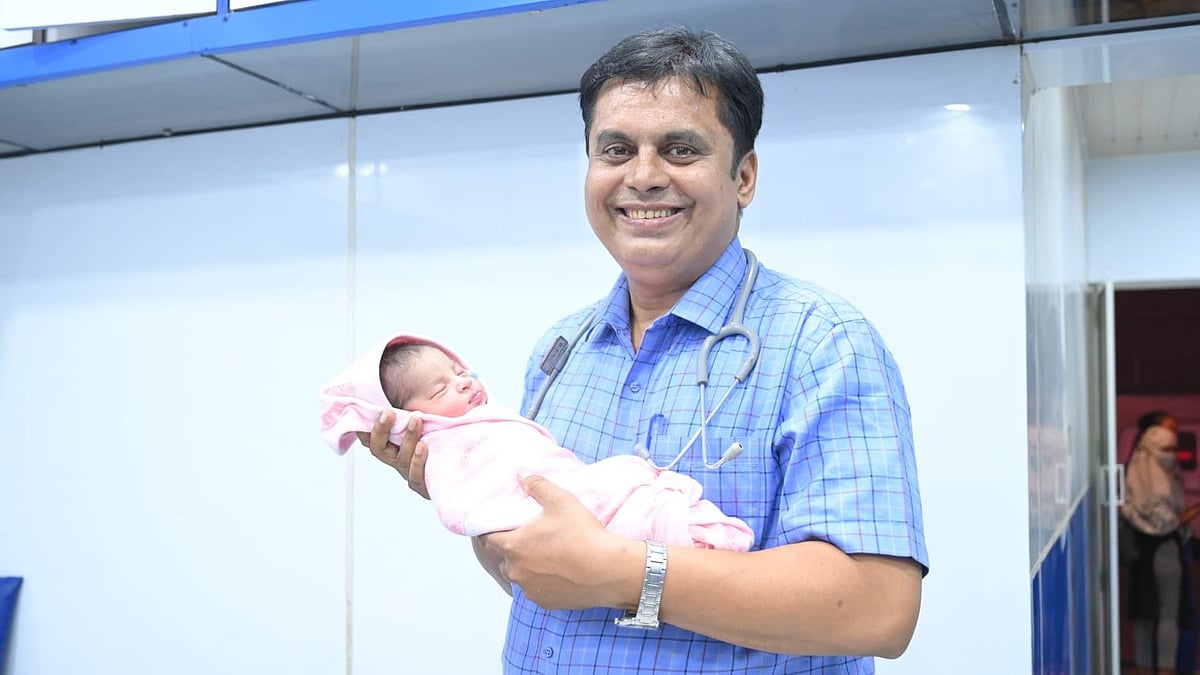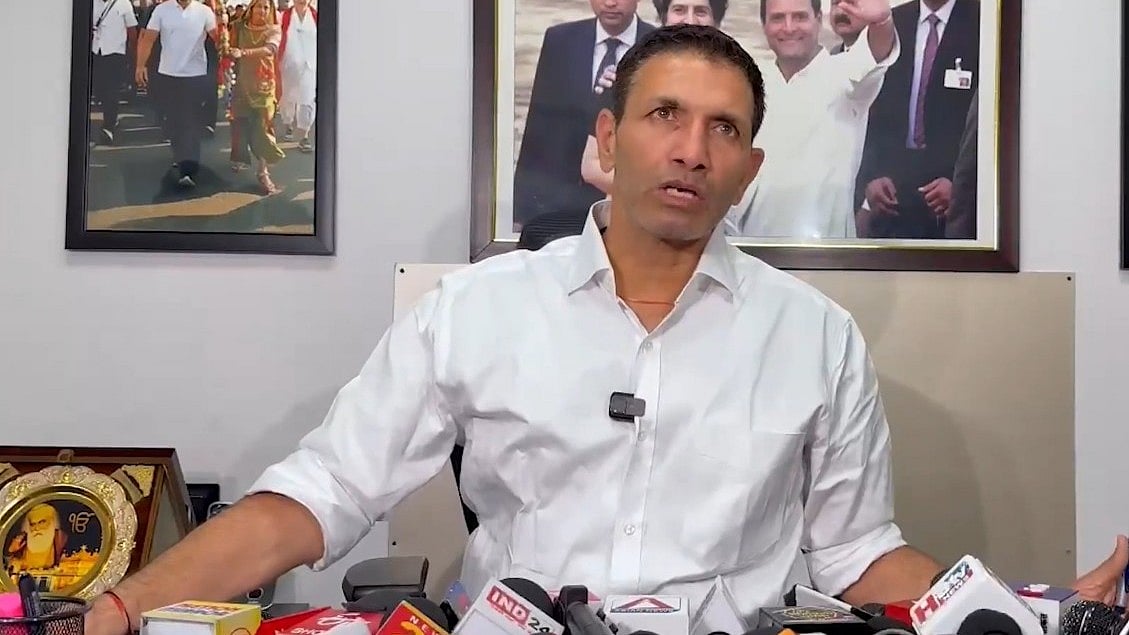Indore (Madhya Pradesh): The District Malaria Office has intensified its efforts to curb the spread of vector-borne diseases, surveying over 27,225 houses and checking 1,43,711 containers for mosquito larvae from January to April 2025.
Of these, larvae were found at 730 houses and in 756 containers, resulting in an average container index of 0.53 and a house index of 2.68.
According to the district malaria officer, the department's field teams have actively conducted house-to-house inspections and simultaneously educated the public about preventive measures.
"The employees have also spread awareness against the disease and asked people to adopt methods to prevent vector generation," said Dr Daulat Patel.
Officials pointed out that the fluctuating temperatures and rise in humidity are leading to favourable conditions for mosquito breeding. "Frequently fluctuating weather along with a rise in humidity has made conditions ideal for mosquitoes to breed.
The city is undergoing a weather transition with rising temperatures and increased humidity, causing an increase in the density of mosquitoes. Our main focus is on areas which were hotspots in 2024 and 2023," Dr Patel added.
Currently, Indore Municipal Corporation (IMC) manages 85 wards, each housing an average population of around 40,000 people across approximately 8,000 households. Health officials reported that each surveillance team is responsible for surveying nearly 50,000 households spread over at least six wards.
The department is urging citizens to cooperate with survey teams, eliminate stagnant water, and adopt personal protective measures to prevent mosquito breeding and the subsequent risk of diseases like malaria and dengue.



.jpg)






.jpg)
